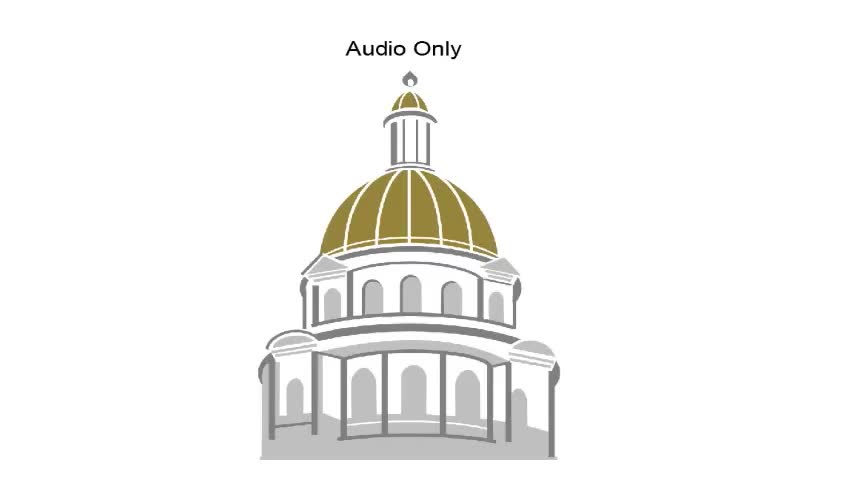Finance panel unanimously advances audits of air pollution and unemployment divisions
Get AI-powered insights, summaries, and transcripts
Subscribe
Summary
The House Finance Committee voted 12–0 to advance Senate Bill 306, directing the state auditor to conduct performance audits of the Air Pollution Control Division (APCD) and the Division of Unemployment Insurance; an amendment (L9) added specificity to the auditor’s tasks.
The House Finance Committee voted 12–0 to advance Senate Bill 306 to the Committee of the Whole after sponsors said the bill will require the state auditor to perform two specific performance audits: one focused on the Air Pollution Control Division within the Department of Public Health and Environment and one focused on the Division of Unemployment Insurance within the Department of Labor and Employment.
Representative Taggart, the bill sponsor, described the measure as a straightforward request that the auditor determine whether each division “complies with statute and statutory purpose” and to assess the divisions’ staffing, funding, accessibility to stakeholders and other measures the bill enumerates. Taggart said the audits will produce written reports to the Legislative Audit Committee.
Taggart and other sponsors said the bill began with opposition in the Senate but was amended through stakeholder talks and is now broadly acceptable. Mike Hoeprun (spokesperson) and witnesses noted business, labor and environmental groups worked to reach a neutral position; an amendment labeled L9 was offered in committee to give additional specificity to the auditor’s scope and was adopted without objection.
Witnesses who testified in support included Joaquin (a CU Boulder student), who argued oversight is necessary to guard against institutional drift, saying, “That is exactly what this bill is here to prevent.” Phil Hayes, representing the United Association of Plumbers and Pipefitters, and Lauren Furman, president and CEO of the Colorado Chamber of Commerce, also testified in support. Furman said the audits are intended to assess effectiveness and efficiency and are not intended to eliminate programs: “It is not their intent to remove programs, agencies, or divisions.”
Committee members raised operational questions. Representative Marshall asked how these legislatively required audits differ from the regular legislative audit process; sponsors said the auditor treats legislatively required audits and other audits similarly but that a bill provides a public process and statutory specificity. Representatives asked about delays in unemployment insurance benefit delivery, website transparency at APCD, and the audits’ ability to examine those issues; sponsors said the amended bill includes specific measures to examine such concerns.
Following stakeholdering and the L9 amendment, the committee chair moved the bill as amended to the Committee of the Whole with a favorable recommendation; the roll call recorded a unanimous 12–0 vote to advance the measure. The committee adopted the amendment L9 to clarify auditor tasks before advancing the bill.
The audits are scheduled as described in the bill: one audit focused on APCD performance measures and one on the unemployment insurance program, with written reports submitted to the Legislative Audit Committee after completion. The bill does not itself make policy changes to the divisions; it directs the auditor to examine compliance, access, staffing and funding and report findings for legislative review.
